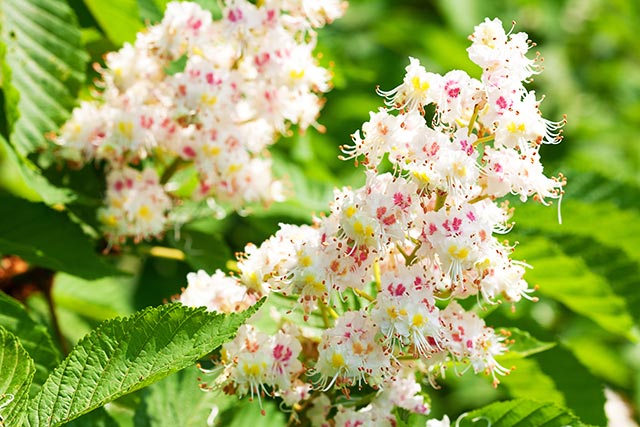Reduce the effects of chemotherapy with safflower seeds
04/17/2019 / By Ralph Flores

Chemotherapy, often shortened to “chemo,” is the use of drugs to remove, kill, or damage cancer cells. In conventional medicine, particularly in oncology, it’s often the primary treatment for cancer, given its systemic effects and its ability to destroy cancer cells regardless of their primary site. The treatment, despite being touted as “effective against many forms of cancer,” isn’t without risk, which can include both acute and long-term damage to organs like the lungs, heart, nerves, and kidneys.
A study published in The American Journal of Chinese Medicine looked at how the treatment affected the kidneys, and what can be done to alleviate the damage. The researchers found that safflower seeds can protect the kidneys from side effects caused by cisplatin, a chemotherapy drug used to treat multiple cancers. In the multi-university study, the South Korean researchers looked at how effective safflower seed extract was in attenuating renal damage from cisplatin using animal models.
Cisplatin, also called CDDP, is a chemotherapy drug used to prevent cancer cells from spreading. It is often used to treat advanced forms of cancer, particularly metastatic cancers of the ovary and testicles, as well as Hodgkin’s and non-Hodgkin’s lymphomas. The drug is administered intravenously or can be infused into the abdominal cavity. (Related: Chemotherapy and the brain: How this “healing” treatment actually damages cognition.)
Like other drugs used in cancer treatment, cisplatin also comes with adverse effects, including:
The power of the elements: Discover Colloidal Silver Mouthwash with quality, natural ingredients like Sangre de Drago sap, black walnut hulls, menthol crystals and more. Zero artificial sweeteners, colors or alcohol. Learn more at the Health Ranger Store and help support this news site.
- Severe nausea, vomiting, and diarrhea
- Hair loss
- Dry mouth and the inability to taste food
- Decreased sweating and dry skin
- Hiccups
Pregnant women are advised against taking cisplatin as it can harm the fetus. Cisplatin is also not recommended for breastfeeding women as it can pass into breast milk. Regular doses of cisplatin, in particular, has adverse effects on a person’s kidney, with impaired renal function seen in as little as 10 days after therapy.
To test their hypothesis, the South Korean researchers injected mice with cisplatin in their abdomen to mimic renal failure caused by the drug. However, mice in the experiment group were orally treated with safflower extracts two days prior. After the treatment, researchers measured biomarkers related to kidney function and collected tissue sample for further analysis.
Based on the outcome of the control group, cisplatin treatment caused losses in body weight and food and water intake. It also led to an increased kidney weight. The mice that were pre-treated with safflower seed extract, however, did not exhibit the same symptoms. In addition, biomarkers collected from the pre-treated mice indicated lower levels of blood urea nitrogen and creatinine — which both indicate kidney and liver function. They also noted that free radical levels in the kidney – which damage cells and DNA – are notably lower even after cisplatin treatment.
Safflower seed extracts can also improve the body’s antioxidant defenses, especially after cisplatin treatment. In a study in the Journal of Applied Toxicology, researchers identified that cisplatin can cause oxidant stress in kidney tissues, which contributes to even more damage. Researchers for this study found that safflower boosted catalase expression; this meant that the kidney tissues did not experience significant damage, even after drug therapy.
“These results provide important evidence that safflower seed extract exerts a pleiotropic effect on several oxidative stress- and apoptosis-related parameters and has a renoprotective effect in cisplatin-treated mice,” the researchers concluded in their report.
Cancer.news has everything you need to learn about natural chemotherapeutic agents for dealing with this debilitating disease.
Sources include:
Tagged Under: alternative medicine, anticancer, cancer cures, cancer treatment, cisplatin, disease treatments, herbal medicine, Herbs, kidney damage, natural cures, natural medicine, prevention, remedies, renal damage

















